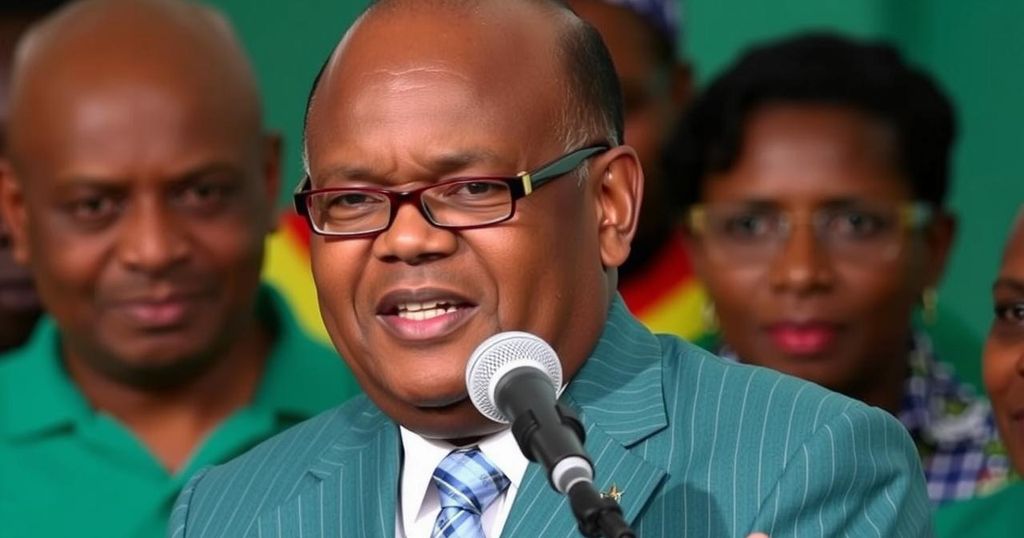Mozambique’s top court confirmed Frelimo’s election victory, sparking major protests amid allegations of vote rigging. The ruling stated that Daniel Chapo obtained about 65% of the vote, lower than earlier claims. The unrest has led to significant violence, with over 130 reported deaths, and has adversely affected foreign companies. The political situation poses risks to Mozambique’s economy as it contends with challenges in the wake of Cyclone Chido.
On Monday, Mozambique’s Constitutional Council affirmed that the ruling party, Frelimo, won the disputed October elections, a decision that has provoked extensive protests spearheaded by opposition groups asserting that the election was fraudulent. The Council, responsible for final electoral rulings, indicated that Frelimo’s Daniel Chapo secured approximately 65% of the votes, a figure that deviates from the more than 70% reported by the electoral commission. This discrepancy has fueled allegations of electoral manipulation that have persisted since Mozambique’s first elections in 1994. As protests erupted across the country, clashes with police resulted in over 130 fatalities, marking some of the most severe unrest in Mozambique’s history and impacting the operations of foreign enterprises, including the Australian mining company South32.
Mozambique, a Southern African nation with a population nearing 35 million, has been governed by the Frelimo party since its independence in 1975. The recent elections have raised substantial concerns about their legitimacy, with numerous western observers describing the electoral process as neither free nor fair. Discontent among the populace has culminated in significant protests against the government, raising questions about the state of democracy in Mozambique and its implications for socio-economic stability in the region.
The ratification of Frelimo’s election win by Mozambique’s top court is likely to escalate tensions within the nation, with opposition figures and civil society condemning the results as a grave injustice. As protests continue and clashes with law enforcement intensify, the political and economic landscape of Mozambique appears increasingly precarious, warranting close observation by international agencies.
Original Source: www.cnn.com






